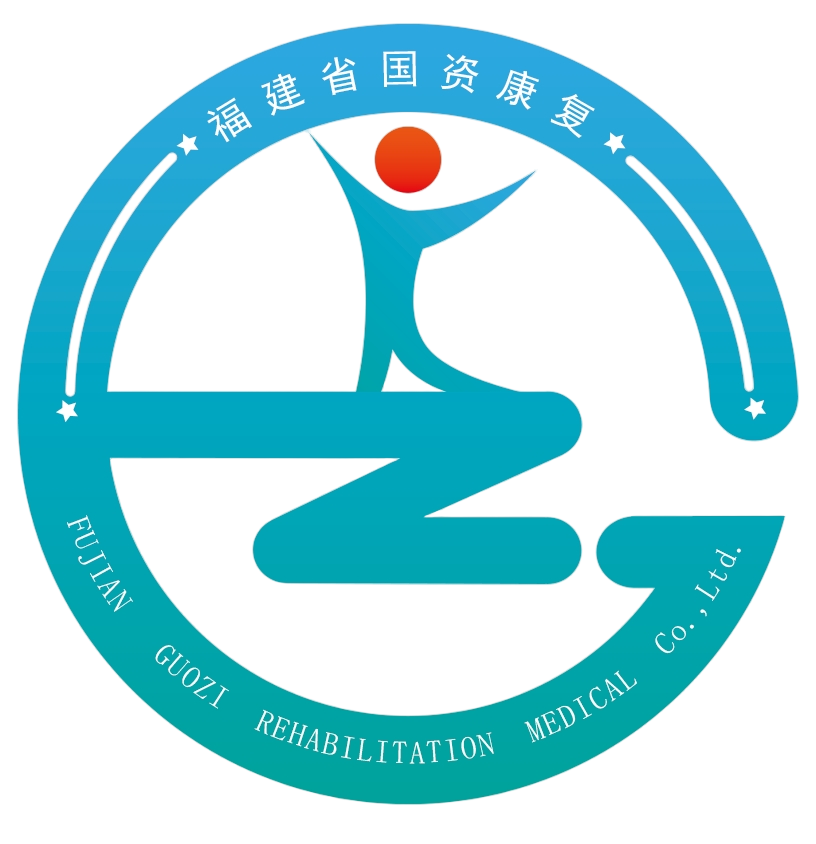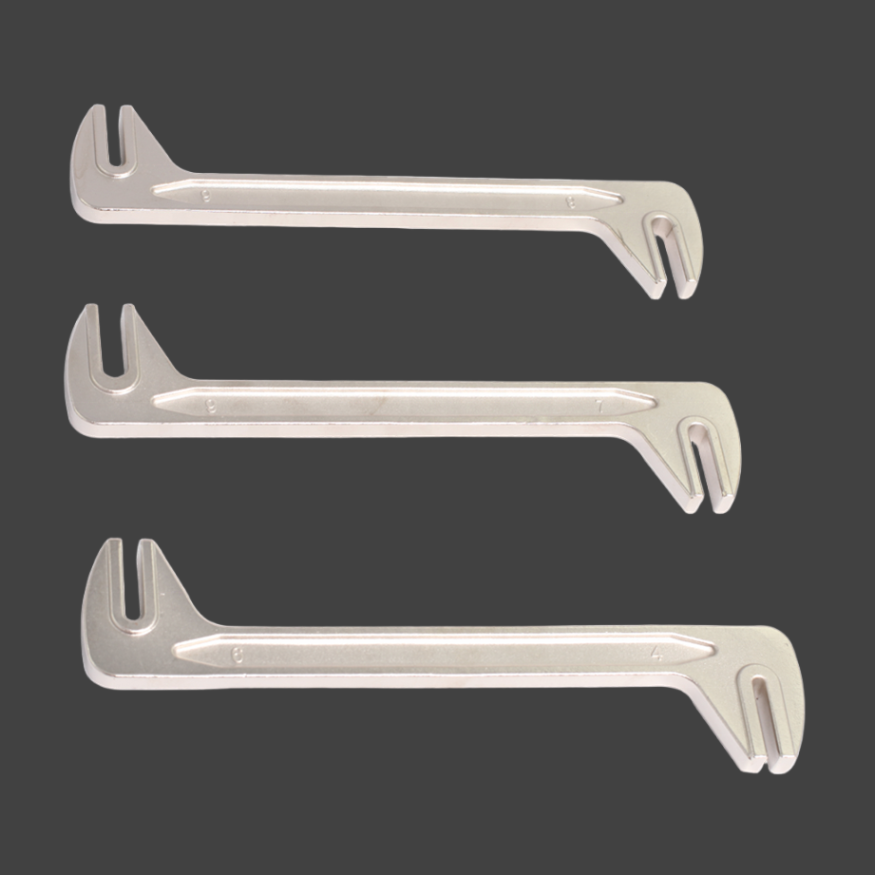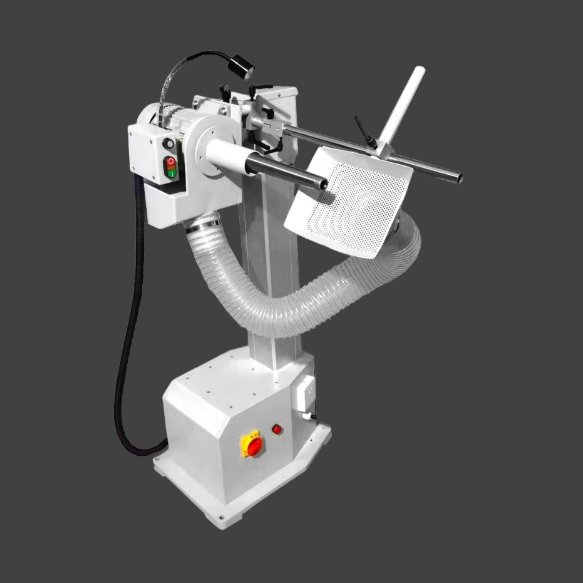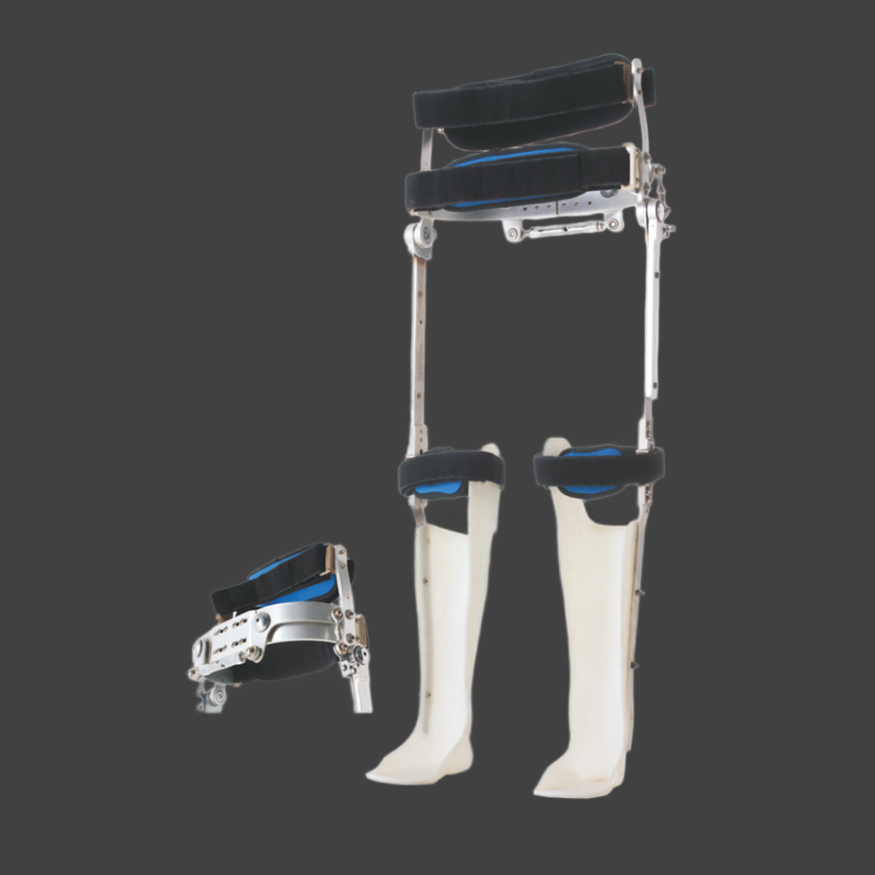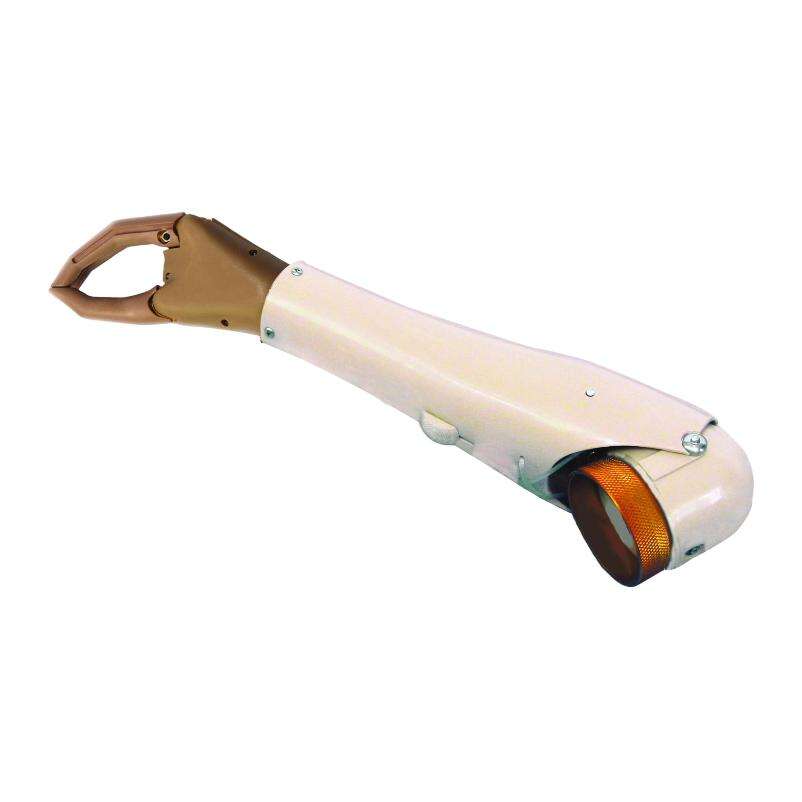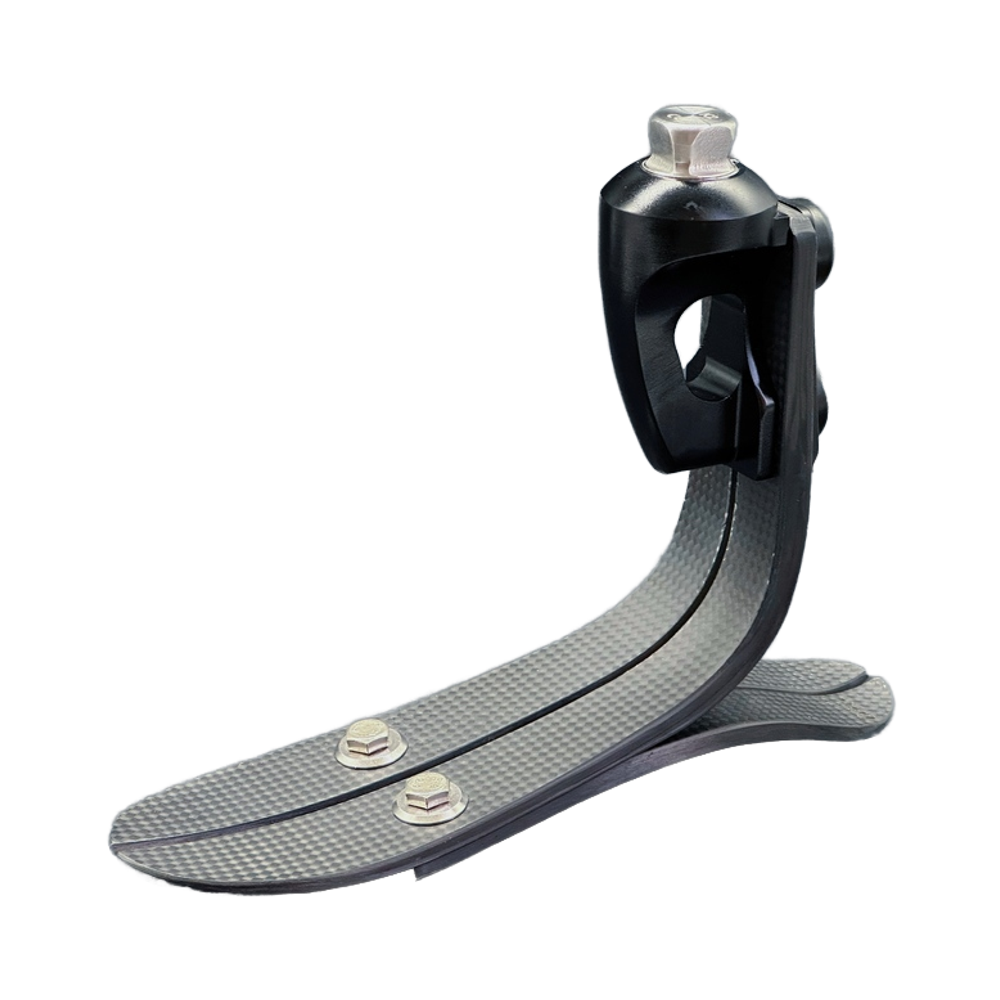Parantunut neurologinen sopeutuminen
Syntymäaikaiset amputaatiotapaukset osoittavat merkittävää neurologista sopeutumiskykyä aivojen varhaisen kehityksen vuoksi. Tämä luontainen etu mahdollistaa tehokkaamman hermoston uudelleenorganisoitumisen ja olemassa olevien raajojen ja proteesien optimin käytön. Aivot kehittävät vaihtoehtoisia reittejä ja hallintamekanismeja jo synnynnä, mikä johtaa luontevampiin liikekuvioihin ja paransun liikehallintaan. Tämä neurologinen sopeutuminen ulottuu perusliikkumisen yli mahdollistaen tarkan esineiden käytön ja parantunut tilatuntemuksen. Näiden heräteiden varhainen kehitys johtaa luontevampaan apuvälineiden integrointiin ja parantuneeseen tuntoaistimuutokseen, mikä lopulta tukee parempia toiminnallisia tuloksia arjen tilanteissa.


